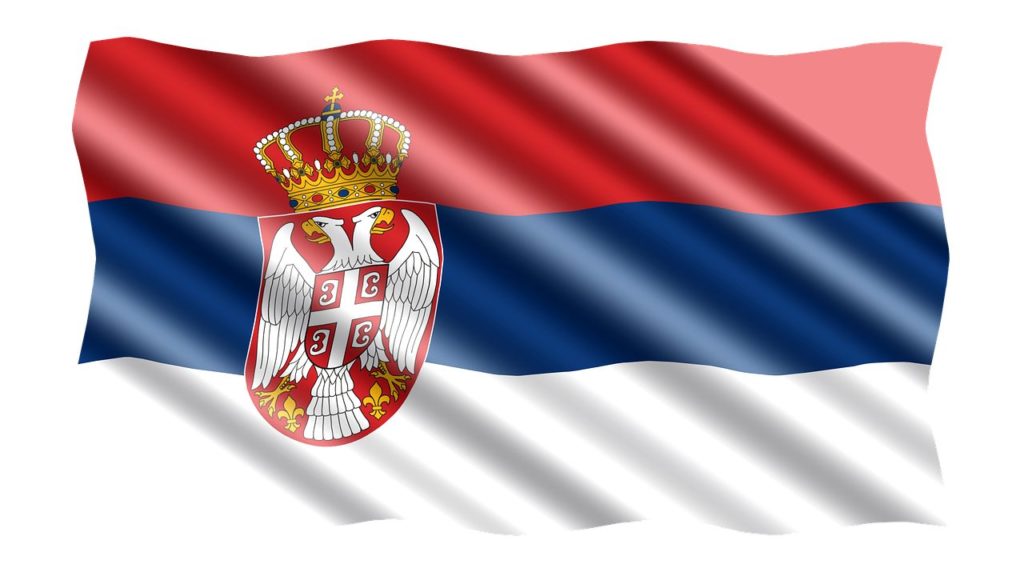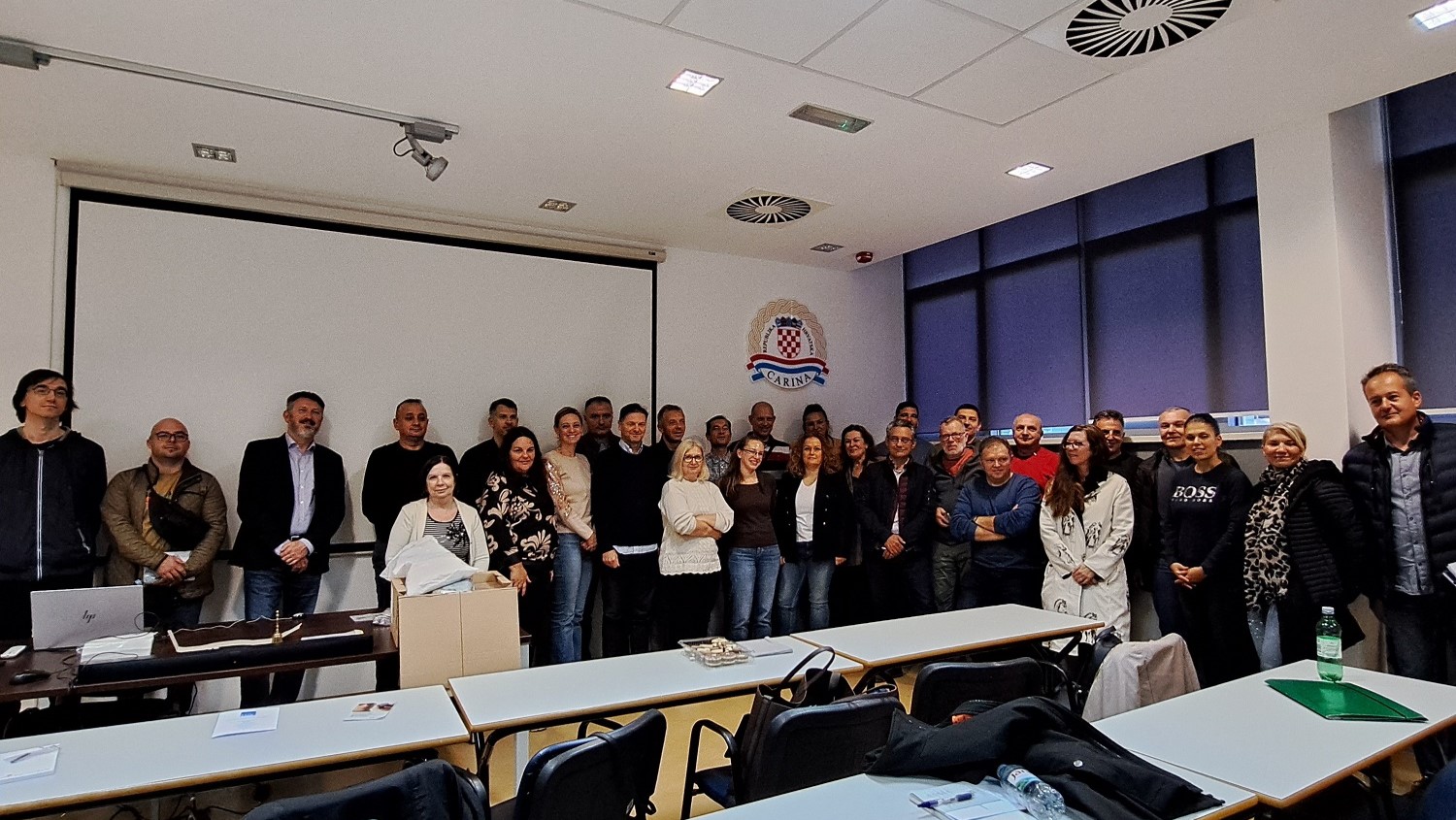Latest development on the Serbian state borders goes to show customs’ readiness to efficiently tackle with some out-of-ordinary attempts at counterfeiting and piracy
In one of the latest inspections that took place on 22 September 2020 on the Serbia-Bulgaria state crossing of Gradina, customs officers seized 18 samples of forged certificates and bar-codes pertaining to internationally renowned brands. The aim behind the forging seems to pertain to their later use on counterfeit garments in an attempt to pass them as originals.
Goods in question were seized from a 51-year old Serbian national travelling on a bus from Turkey and were intended for use on counterfeit accessories such as socks, scarves and belts. Holding a substantial amount of certificates and codes without them being actually attached to any of the articles triggered the customs officers’ suspicions of illicit activity.
After scanning the codes in question, officers realized that they were on the right track since the codes in question pertained to original goods probably already sold elsewhere, meaning that the ones they had in their possession were most probably hacked. Since bar codes actually consist of a simple sequence of numbers which are there to indicate amongst other things information on the manufacturer and country of intended distribution, it is oftentimes quite easy to ascertain when the bar codes in question are not intended for a given market.
Seized goods, although in small in quantity actually represent something quite novel and important from the legal standpoint, since they encompass into one both the elements of trademark infringement and of cyber-crime.
Tamara Bubalo






